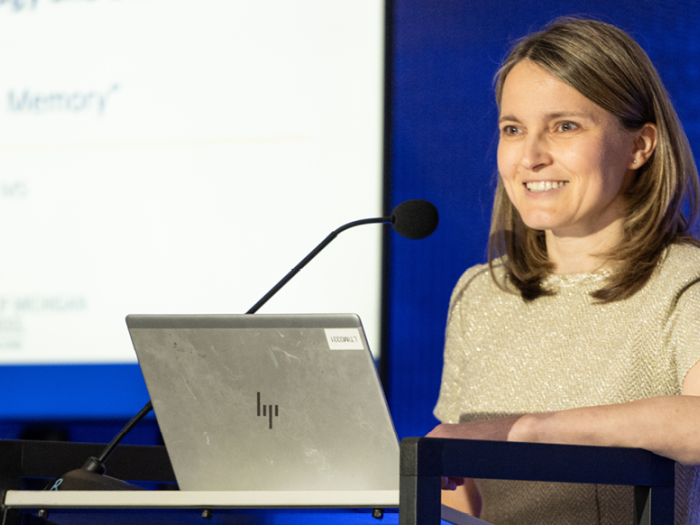Grant title: “Improving chemical exposome target prediction by application of Coupled Matrix/Tensor-Matrix Completion algorithms.”
Congratulations to Dr. Kai Wang, who was awarded a K99/R00 grant starting August 2023 from the NIEHS titled “Improving chemical exposome target prediction by application of Coupled Matrix/Tensor-Matrix Completion algorithms.”
Robust computational methods can be used to greatly reduce the time and funds in environmental health research and help environmental scientists and toxicologists to prioritize the future direction of research. This novel matrix completion algorithm has great potential in discovering molecular targets and target tissues of environmental exposures. The outcome of the proposed study will assist in filling the data gap between the novel chemicals produced annually and the toxicity assessment.
Dr. Wang is a post-doctoral fellow in Dr. Maureen Sartor’s lab, and is active in the Michigan Center on Lifestage Environmental Exposures and Disease (M-LEEaD).
What is an exposome?
The exposome is defined as “the cumulative measure of environmental influences and associated biologic responses throughout the life span, including exogenous exposures and endogenous processes” (Miller & Jones, 2014).

Postdoctoral Fellow | Sartor Lab

Professor





